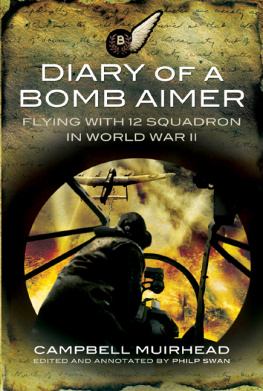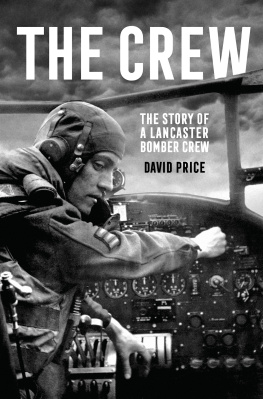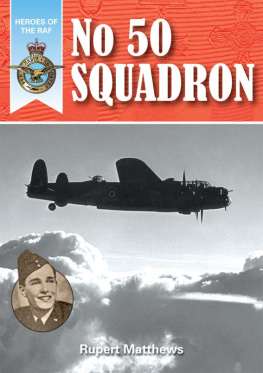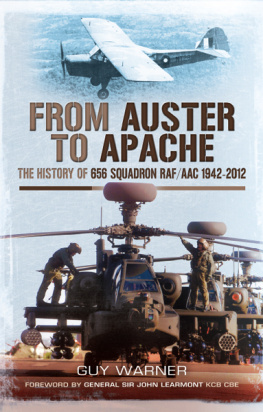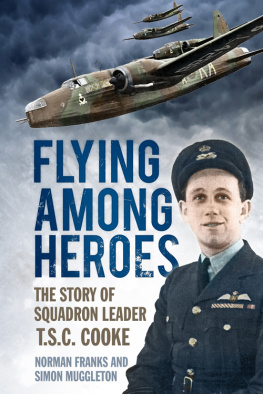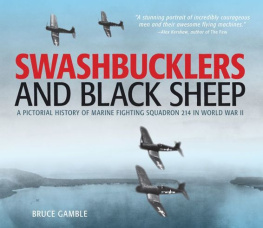
First published in Great Britain in 2009 by
PEN &SWORD AVIATION
An imprint of
Pen &Sword Books Ltd
47 Church Street
Barnsley
South Yorkshire
S70 2AS
Copyright Philip Swan, 2009
ISBN 978-1-84884-086-7
ePub ISBN: 9781844684229
PRC ISBN: 9781844684236
Part Two of this book was first published by Spelmount in 1987
and subsequently by Ditto Publishing in 2002.
The right of Philip Swan to be identified as the author of this work has been
asserted by him in accordance with the Copyright, Designs and Patents Act 1988.
A CIP catalogue record for this book is
available from the British Library
All rights reserved. No part of this book may be reproduced or transmitted in
any form or by any means, electronic or mechanical including photocopying,
recording or by any information storage and retrieval system, without
permission from the Publisher in writing.
Typeset by Concept, Huddersfield, West Yorkshire
Printed and bound in England by MPG Books Group in the UK.
Pen &Sword Books Ltd incorporates the Imprints of Pen &Sword Aviation,
Pen &Sword Maritime, Pen &Sword Military, Wharncliffe Local History,
Pen &Sword Select, Pen &Sword Military Classics, Leo Cooper,
Remember When, Seaforth Publishing and Frontline Publishing
For a complete list of Pen &Sword titles please contact
PEN &SWORD BOOKS LIMITED
47 Church Street, Barnsley, South Yorkshire, S70 2AS, England
www.pen-and-sword.co.uk
Contents
Glossary
| Op | Bombing operation over Occupied Europe or Germany |
| A/C (or a/c) | Aircraft |
| Flak | Enemy anti-aircraft fire |
| S/Ls | Searchlights |
| E/A | Enemy Aircraft |
| N/F | Nightfighters |
| Tit | Press-button on bombing toggle (to release bombs) |
| Kite | Aircraft |
| U/S | Unserviceable |
| Commissioned ranks: |
| P/O | Pilot Officer |
| F/O | Flying Officer |
| F/L | Flight Lieutenant |
| W/C | Wing Commander |
| Luftwaffe fighters: |
| JU88 | Junkers 88 |
| FW190 | Focke Wulf 190 |
| ME109 | Messerschmitt 109 |
| ME110 | Messerschmitt 110 |
| RAF slang: |
| ackers | money |
| (to) bind | to complain, make a nuisance of yourself |
| (the) bag | German POW camp |
| bod | a male person |
| brown job | soldier |
| (to) buy it | to be killed (or shot down) |
| chieffy | flight sergeant |
| clamped | non-flying weather |
| cock one up | salute |
Introduction
In 1942 Campbell Muirhead joined the RAF and set sail to Canada to commence training under the Empire Air Training Scheme. He was just one of a succession of young men who found themselves relocated from the UK. On the completion of training he returned to Britain and joined an operational Bomber Command squadron. However, unlike the majority of these young men, Muirhead kept a record of his experiences in the form of two diaries.
The first diary is a record of his time in North America covering a period of training in Arizona and then in Canada. The second diary covers the period when he was on active service at RAF Wickenby in Lincolnshire, with 12 Squadron, Bomber Command.
These diaries provide personal insight and commentary on many things which at the time might have been considered mundane and uninteresting by his peers. Indeed, he does make reference to comments by some of his comrades who wonder what he can find to write about so frequently in his wee black book. The fact that he made a pretty consistent attempt at writing this record of events is to his credit.
Whereas many diarists might write a line or two including simple comments or observations, Muirhead often goes into some detail and this is especially true in the second diary. A question might be asked as to what motivated him to continue to write his diaries, sometimes at times of great stress. Perhaps therein lays the answer writing was a means by which he might express his anxieties. But it was also a means to allow his creativity to be expressed although, as he indicates, he had no expectation that his diaries would be read or published.
He was just twenty years of age when he was shipped out to Canada and whilst he expresses little sense of anxiety, it is doubtful if he did not feel it. As an aircrew member during his period of training and then on an operational squadron he was certainly under a lot of pressure. In the very first entry in the second diary he makes the observation that:
10 May 1944
Have ascertained two interesting, but somewhat chilling, facts since I arrived here. The first is that, while the operational tour consists of 30 flights over Germany and/or Occupied Europe, the chances of survival are said to be about 30 per cent. Now isnt that a cheerful and heartwarming note on which to get this diary under way .
Later he comments that he is spending more and more money in the Mess on drink and tobacco, both of which at the time were considered to be a means of dealing with stress. Smoking in particular was considered almost a medicine which would calm the nerves.
The whole issue of how these young airmen dealt with the knowledge regarding the odds against surviving the war is an interesting one. Certainly, black humour was rife as were activities in the mess which might be described as high jinx and which are described in detail in the diaries. The prospect of death was, at least on the surface, taken lightly. There was a very strong element of superstition often manifested in small personal (or even crew) rituals before a mission and there are many examples of rituals which almost verge on compulsion in terms of their complexity and rigour of application. Certainly Campbell Muirhead had a strong sense of fate which is apparent in both diaries.
The diaries provide us with a view of one man in two different but consecutive stages of his life. What the early diary shows is a young man travelling to the New World, as he describes North America, at a time of a British national crisis. During that period he has many new experiences, including almost being killed in a flying training accident. He travels widely, meets many different people including Hollywood movie stars, attends swing music concerts by famous contemporary artists such as the Harry James and even gets to socialize with some of them.
The second diary tells us of life on an operational air base. A large number of autobiographies by former RAF aircrew have appeared in recent years. However, these are written retrospectively and often based on log-book entries. The diaries of Campbell Muirhead are The diaries of Campbell Muirhead make an important contribution to our knowledge of the period and provide additional insight into the experience these young men had.
I am greatly indebted to Mrs Ann Muirhead for making the diaries of her late husband available and thus allowing me the honour of editing and annotating this remarkable and very personal record.
Notes
. In the diary entry of 27 June 1944 he writes, Not sleeping at all well these days (or in some cases, these nights). Over the course of the first two or three ops Id get into bed, lie there tossing and turning, waiting for the sleep which seldom, if ever, came . Im dead against taking sleeping pills. Smoking rather heavily, Im afraid, and thats drugs enough.
Next page
